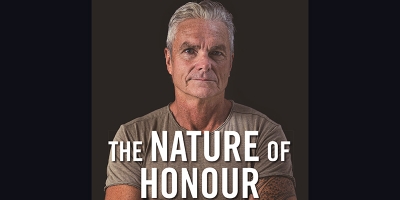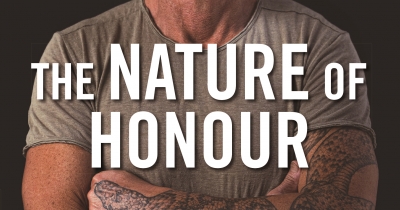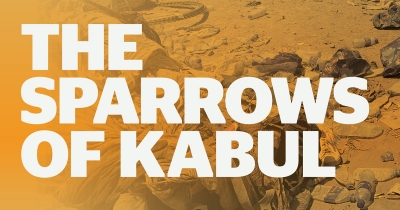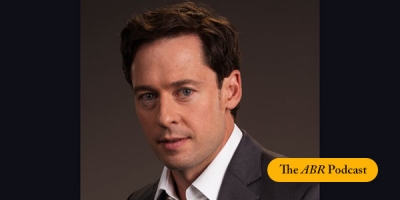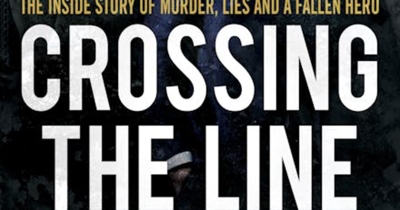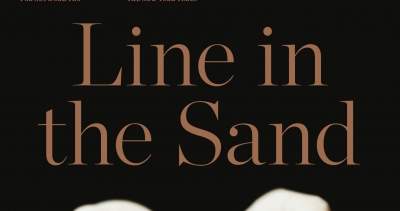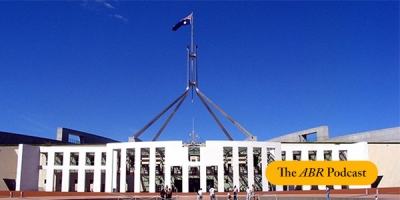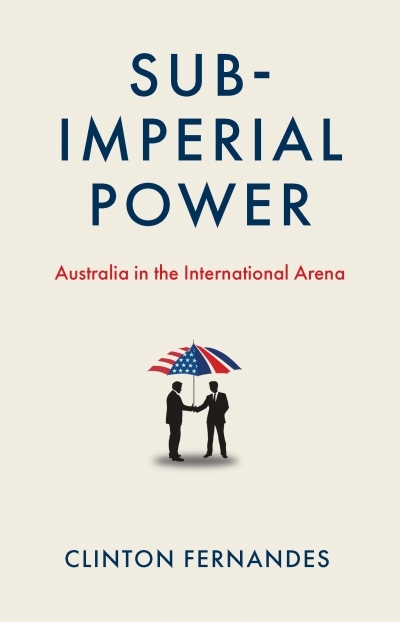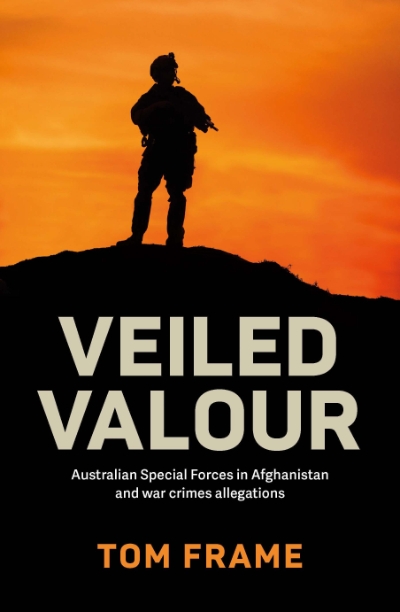Kevin Foster
Want to write a letter to ABR? Send one to us at This email address is being protected from spambots. You need JavaScript enabled to view it..
... (read more)This week’s ABR Podcast features Kevin Foster’s straight-shooting review of whistleblower David McBride’s memoir The Nature of Honour, which begins: ‘Sometimes, for the faithful, it doesn’t do to look too closely into the life of your chosen idol.’ Foster’s books include Don’t Mention the War: The Australian Defence Force, the media and the Afghan conflict (2013). One of his current research projects – about social media and the military – is funded by the Australian Army Research Centre. ‘The lives of the saints: David McBride’s ethic of self-interest’ is published in the January-February issue of ABR.
... (read more)The Nature of Honour: Son, duty-bound soldier, military lawyer, truth-teller, father by David McBride
On this week’s ABR Podcast, Kevin Foster reviews Crossing the Line, journalist Nick McKenzie’s account of the defamation trial, Ben Roberts-Smith versus Fairfax. Kevin Foster is Associate Professor at Monash University and the author of numerous articles and books on the Australian media’s treatment of Afghanistan. Listen to him read ‘Nick McKenzie’s bracing reportage’, published in the August issue of ABR.
... (read more)Unlike in the United States and several other Western nations, Australian governments are under no compulsion to consult parliament before sending troops to war. In Subimperial Power: Australian in the international arena, Clinton Fernandes argues that this reflects, and furthers, Australia’s longstanding ambition in foreign affairs, which is to demonstrate its usefulness to the United States. In this week’s ABR Podcast, Kevin Foster, an academic at Monash University who has published widely on war in the Australian media, reviews Subimperial Power.
... (read more)
